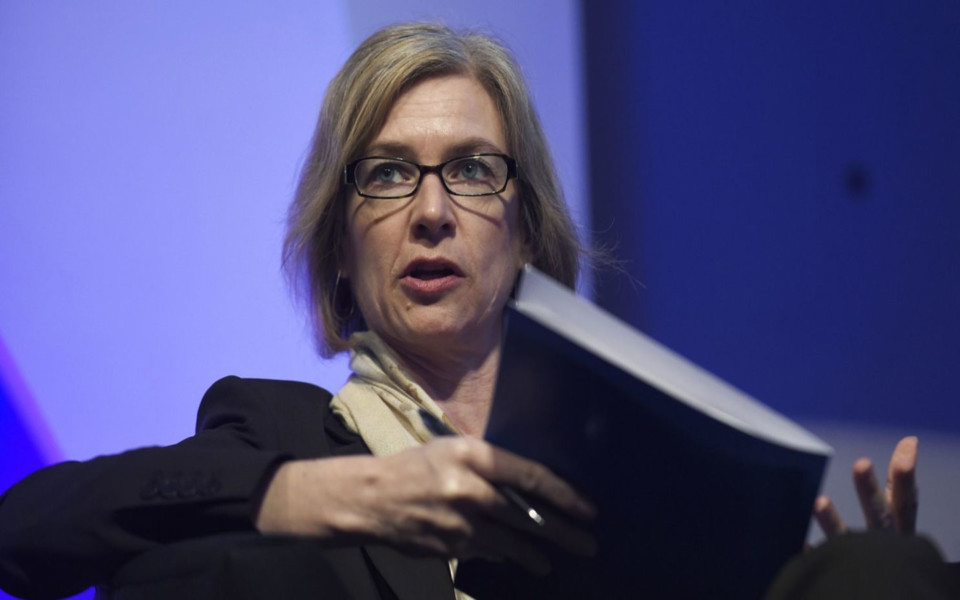CRISPR pioneer Jennifer Doudna struggles with the ethical implications of what she has wrought
Jennifer Doudna faces an uncommon challenge for a scientist at the top of her form and the forefront of her field: While she watches her work produce “breathtaking” advances in the understanding of human biology, she’s struggling with its ethical implications for individuals, for humankind, and for science itself.
Doudna, 53, is one of the most important pioneers in the breakthrough gene-editing technology known as CRISPR. (The term is an acronym for the pattern in DNA strands that forms the basis of the technique.) Working with Emmanuelle Charpentier, now director of Germany’s Max Planck Institute for Infection Biology, Doudna and her lab associates unveiled groundbreaking CRISPR applications five years ago in the journal Science.
By vastly simplifying the cutting and splicing of DNA sequences in the laboratory and in living organisms, CRISPR has revolutionized our understanding of how genes work. It also has reduced the barriers to eliminating mutations that cause disease and introducing others that can change the very physique of living creatures — creating pest-resistant plants, mosquitoes that can’t carry malaria, super-muscular livestock or — within a few years — pigs whose internal organs can be transplanted into human hosts without the risk of rejection.


